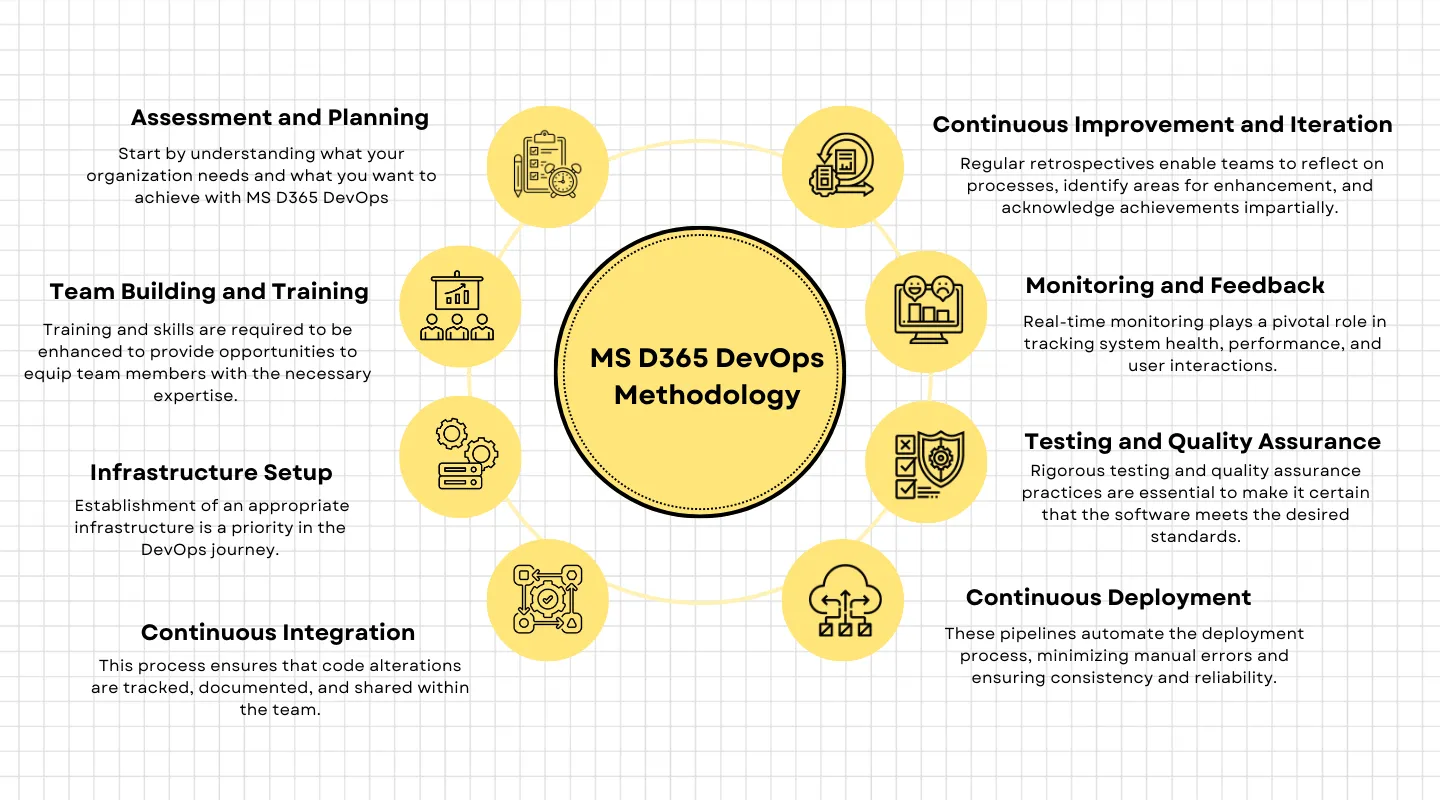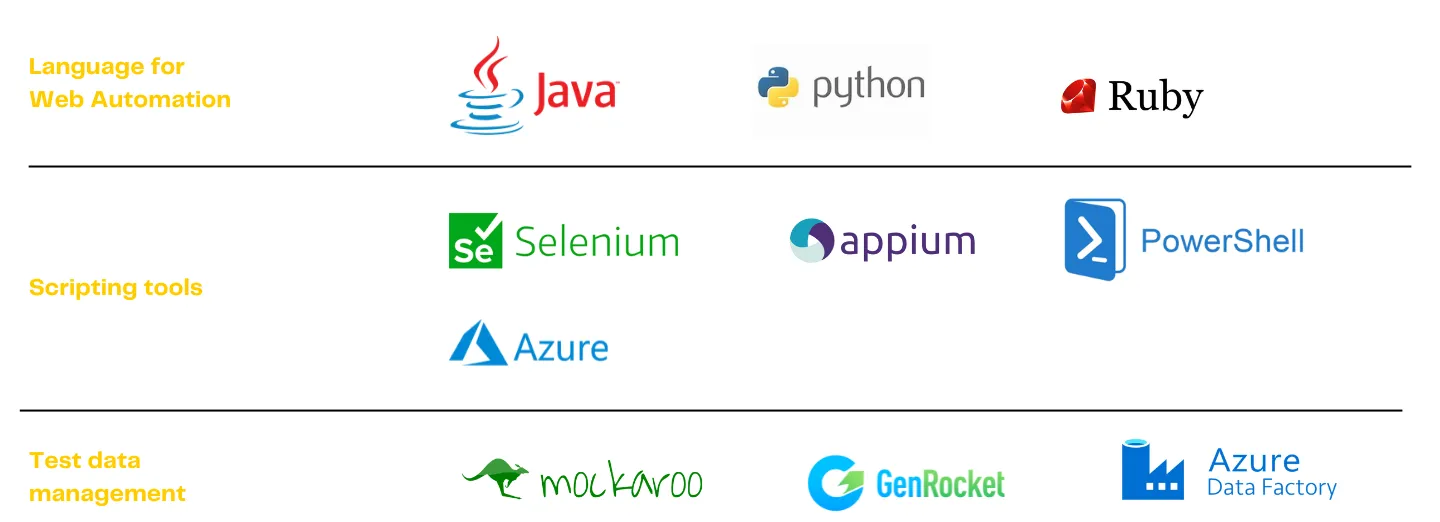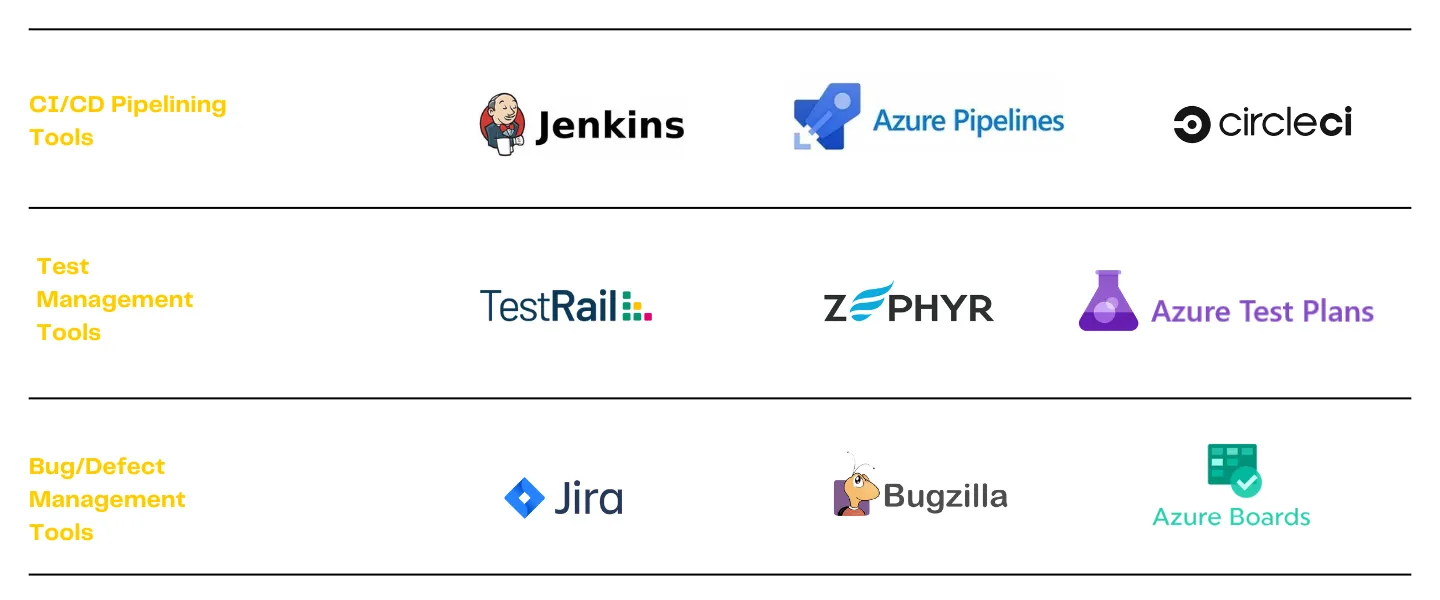Are Deployment Errors and Rollbacks draining your Team's Energy?
“ Book a meet with us to discuss error-free deployments. ”
Achieving a successful Microsoft Dynamics 365 DevOps implementation is the goal of many organizations seeking to streamline their development and deployment processes. However, several factors can contribute to the failure of MSD 365 DevOps initiatives. The following points out the main reason for failure :

Closing the Gap between Teams :

Faster Deployment :

Delivering Reliable Customer Experiences :

Catalyst for Growth & Expansion :

Empowering Your Workforce :
Frugal Testing is your dedicated partner for comprehensive testing services within the realm of Microsoft Dynamics 365 DevOps. Our specialized expertise revolves around meticulous testing, including test automation, regression testing, performance testing, and security testing.
We ensure the reliability, quality, and security of your D365 solutions, helping you deliver error-free applications to your customers and stakeholders.
.webp)
Ensuring Reliable Software :
Consistent User Experience :
Protecting Software and Data :
Maximizing ROI :
Building for Tomorrow :
Empowering your software to perform at its best

Assessment and Planning : Start by understanding what your organization needs and what you want to achieve with MSD 365 DevOps. Taking a good look at the current processes, tools, and setup will help find what it is that can be improved.
Team Building and Training : The foundation of a successful DevOps implementation lies in forming cross-functional teams that comprise developers, testers, operations personnel, and stakeholders. Training and skills are required to be enhanced to provide opportunities to equip team members with the necessary expertise.
Infrastructure Setup : Establishment of an appropriate infrastructure is a priority in the DevOps journey. This phase results in creation of a dedicated development and testing environment that closely replicates the production environment, facilitating realistic testing and validation.
Continuous Integration : Continuous Integration is a fundamental practice wherein developers commit code changes to a version controlled system. This process ensures that code alterations are tracked, documented, and shared within the team.
Continuous Deployment : In the Continuous Deployment phase, deployment pipelines are created for different environments, including development, staging, and production. These pipelines automate the deployment process, minimizing manual errors and ensuring consistency and reliability.
Testing and Quality Assurance : Rigorous testing and quality assurance practices are essential to make it certain that the software meets the desired standards. Functional testing verifies that software features and functions align with specifications, while performance testing evaluates system performance, scalability, and responsiveness.
Monitoring and Feedback : Real-time monitoring plays a pivotal role in tracking system health, performance, and user interactions. Monitoring solutions that provide actionable insights in real-time enable the prompt response to issues. Incident response plans are developed to address disruptions quickly, minimizing downtime and its impact on users.
Continuous Improvement and Iteration : DevOps is a dynamic practice that thrives on continuous improvement. Regular retrospectives enable teams to reflect on processes, identify areas for enhancement, and acknowledge achievements impartially. These retrospectives cultivate a culture of ongoing improvement and learning.







.webp)



.webp)







.webp)

We're all ears and eager to discuss your testing needs!
Crafting the best testing strategy for your product starts here.